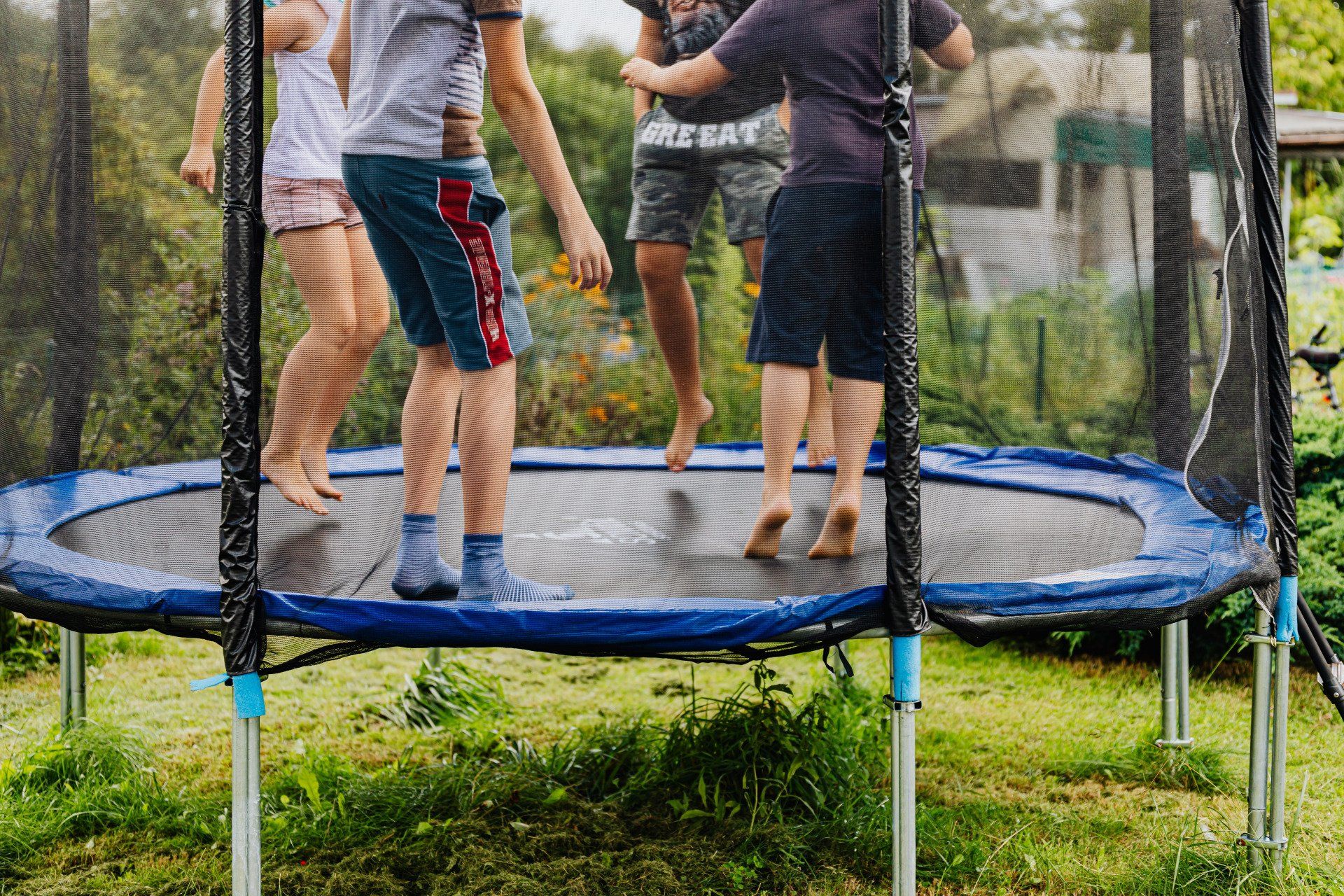13 Things to consider when looking for the right ABA practice for your child
You’ve received the Autism Spectrum Disorder (ASD) diagnosis for your child, you’ve checked with insurance, and you’ve come to understand just how comprehensive ABA can be. At Vilij, we want your experience with ABA to be a good one, even if you’re not with our team. Here are our top 13 considerations for families when searching for an ABA company that aligns with your family’s (and child’s needs).
#1 Who owns the company?
Take a quick look at the “About Us” page for any ABA company. A good ABA company will be clinically led (whether it’s small business or large healthcare/private equity operations). Those in charge of clinical operations should be Board Certified Behavior Analysts (BCBAs). There are many ABA companies providing services, but some may not even be owned and operated by BCBAs or with a clinical background in ABA. Importantly, BCBAs are bound by the ethics standards of the field and must act in the best interest of their patients.
#2 Is the company accredited with the Behavioral Health Center of Excellence (BHCOE) or equivalent?
The BHCOE was born out of a need to ensure standards across the ABA field, to maintain the public’s trust in ABA, and to protect families from practices that place the growth of their child in jeopardy. To be accredited with the BHCOE means an ABA company went through a rigorous review of their policies and standards. Accreditation with the BHCOE is an indication that an ABA company is committed to providing quality and ethical care. There are other accreditation providers that provide this type of standard, one well known example being the Council of Autism Service Providers (CASP). While the accrediting bodies may differ, the important point is that these organizations hold ABA providers accountable. Vilij ABA received preliminary accreditation from inception.
#3 Are you treated with dignity at all levels of the company?
All ABA providers are not created equal. However, a good ABA provider will have some level of continuity and consistency with the service they provide at all levels (intake, scheduling, behavior technicians, BCBAs). While it may seem simple, a good measure when determining quality is to simply ask questions. If team members are taking the time to answer and explain questions you may have early in the process, it’s a good indication that your care team will follow suit.
#4 Are you given an opportunity to meet members of the clinical team beforehand?
BCBA and ABA behavior therapists will spend some of the most intimate moments in your home working with your child. You want to be confident that the team providing services meshes with your family. Ask upfront who your BCBA will be, ask to meet him/her, observe how he/she is interacting with your child, and assess if he/she listens to your concerns. “At the end of the day, your concerns are what drives ABA forward,” shared Clinical Director Sumita Argianas. “Your concerns combined with goals set forth by the BCBA will help your family as a whole as your child grows with ABA therapy.”
#5 How fast does a team member get back to you?
Having an unanswered question can put a large strain on the family. While it may not be an emergency that requires 911, it may be just as important to your emotional health and well-being. Having a name and a face to reach out to can make a huge difference. Equally important, does that contact answer phone calls or call you back in a timely fashion?
#6 Who are your contacts?
Smaller companies often have the direct contact information of staff members available to the families they serve. Depending on the company’s operations, there may be one number but it may not directly get you to who you need to get to in your time of need. This can be incredibly stressful when you’re trying to reach your clinical care team or have simple questions answered.
#7 Is the assessing BCBA also the continuing BCBA for clinical services?
You begin to form a clinical relationship from the first point of contact. The BCBA assessing your child begins the rapport building from the first assessment, not only with your child but collectively with your family. Continuity of care is often improved when the assessing BCBA is assigned as the ongoing BCBA providing clinical services. The assessing BCBA has shared valuable time getting to know your concerns and goals for your child, as well as getting to know your child’s goals and strengths from observation. If the provider is providing a different ongoing clinical BCBA after the assessment, ask why.
#8 Don’t place all the importance on experience.
While this may seem counterintuitive, experience isn’t always what it appears to be. Focus on explanations, rationale, and communication with the BCBA and clinical team. “We often tend to get hung up on how many years of experience a BCBA has,” shared Sumita. “But often what is forgotten is how one measures the quality and caliber of that experience. One way to cut through the smoke and mirrors is to analyze how the BCBA interacts with you and your child, are they focusing on explanations and providing a rationale for what they’re saying? ABA therapy is very comprehensive and relies on strong communication and participation. The growth and development of your child will most likely be more meaningful with an attentive BCBA than one who has become complacent.”
#9 Does there appear to be cross-support for your care team?
A lot of parents get wowed by a star team member but remember, this person will not always be your primary care provider. Is there support for when that individual is away? No person should feel like they are on an island; try to assess if there is communication across the team. A BCBA can and will provide a superior level of services with the right support from the clinical care team. Don’t be afraid to ask for the rationales or to speak with team leads if you feel like something is off. A practice with a high level of communication won’t be offended.
#10 How does the rendering clinician (BCBA) communicate with the parent?
It’s important to communicate with your rendering clinician in the most effective and best way for you (e.g., phone call, email, text). It’s important for the BCBA to know this information so he/she can accommodate the best way to reach out to you and provide you with important information.
#11 Does the company make use of current research and collaborate with other experts who provide services to those with ASD?
Many BCBA’s attend continuing education courses that help provide them with the most current interventions and research to support those interventions. As a parent, it’s important to know that the company you choose is open to offering new forms of therapy. As part of our commitment, Vilij ABA seeks out new tools to be used with you and your family.
#12 How can you relate to me?
Does your BCBA and clinical team take the time to understand your concerns and in turn, show you compassion and empathy? Your BCBA and clinical team are people you should feel comfortable with. If you don't feel that, that is a red flag worth considering.
#13 Is your child involved in treatment planning?
Unfortunately, the child can often be left out of the conversation when it comes to treatment planning. Vilij ABA is a neurodivergent-affirming and accepting practice and as such, we do our best to allow the children and young adults we work with to be heard. “Something as simple as letting a child know that you hear him/her, that you affirm and recognize his/her personhood can make a world of difference,” shared Sumita. “We work collaboratively with a family but it is imperative that we do our best to leave your child with a positive experience. That means recognizing them as the unique individual they are.”
Join Our Vilij!
We’ve spent a lot of time creating meaningful policies crafted from experiences of what works, and what leads to unsustainable practices. We’re confident that our policies in place create superior experiences for our clients because we put them first. If you’re ready to learn more, reach out to a member of our team at 630-777-2800 or contact@vilijaba.com.
Accountability | Integrity | Empathy | Collaboration










